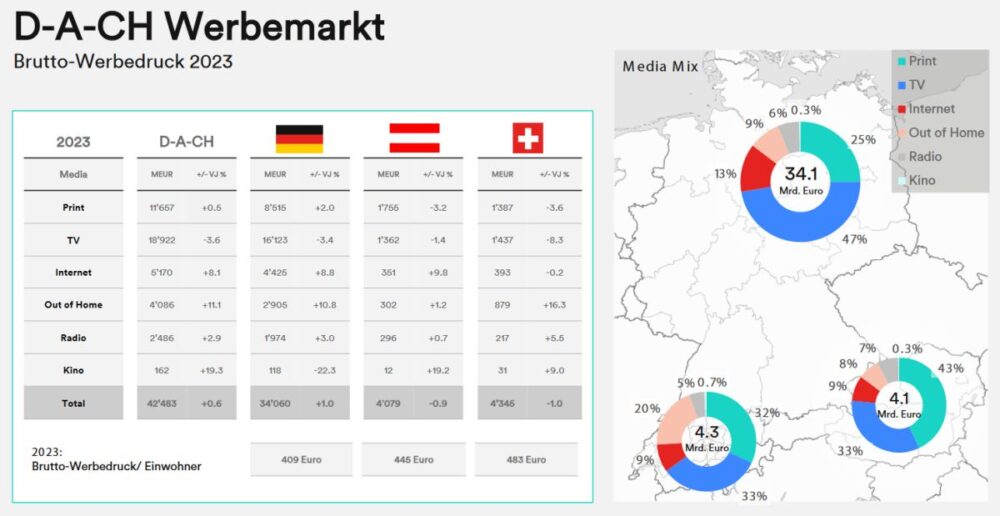The role of open Internet advertising is not clear to many consumers
A recent survey by The Trade Desk shows that about a quarter of respondents do not know how important advertising is to funding a free Internet.

The lack of knowledge about the role of advertising in financing the Internet poses a threat to many website operators and Internet services. This becomes clear in the course of a study conducted by The Trade Desk. According to the findings, around a quarter of respondents do not know that the vast majority of free content on the Internet is financed by advertising, including websites, videos, online games or free apps. In addition, only 23 percent of respondents are aware that a large number of website and app operators would have to discontinue their services if they could no longer use user data to serve advertising.
Important for media
Journalistic services in particular face special challenges here. More than half (54 percent) of those surveyed said that news services and information portals are important to them and that they would even be prepared to pay for their use. However, at the same time, a high level of "subscription fatigue" is apparent. Almost two thirds (63 percent) of German consumers are not prepared to spend more than ten euros a month on the relevant services. It must therefore be in the operators' interest that their users understand the value of free content and its financing through advertising.
Promote understanding
At the same time, the advertising industry has a responsibility to better communicate the value exchange - the acceptance of advertising in exchange for free, high-quality content online. For example, around 61 percent of consumers surveyed often do not know what they are giving their consent for when they press "Accept" or "OK" online when asked for cookies.
Nevertheless, the majority does not seem to be averse to a model of advertising financing. When asked whether they would like to see additional services offered at a significantly lower price or free of charge through advertising financing, around 86 percent responded positively. The aim is thus to make the value of advertising more visible and the use of user data more comprehensible.
"Consumers have had to put up with pop-ups and Consent banners for too long, which have done a poor job, if any, of explaining the value exchange between the data that is so important to publishers and the high-quality free content available to users," commented Lukas Fassbender, General Manager DACH at The Trade Desk. "This discrepancy threatens the survival of many publishers if we don't manage to resolve it together."
The appeal to the advertising industry to cooperate and commit to transparency is also rooted in the results of the study. Only just under a quarter of respondents believe that they have control over their data and know what it is used for. At the same time, more than half find it annoying that they have to repeatedly agree to their data being passed on on every website.
In August 2020, market research firm Appinio, on behalf of The Trade Desk, conducted a representative survey among 1,006 adult consumers in Germany. The aim of the survey was to find out the extent to which respondents are aware with regard to open internet financing (websites and digital services outside the walled gardens). The Trade Desk has unveiled an industry-wide initiative to build an independent cookie-free identity solution, which will be handed over to an independent industry body once completed.








